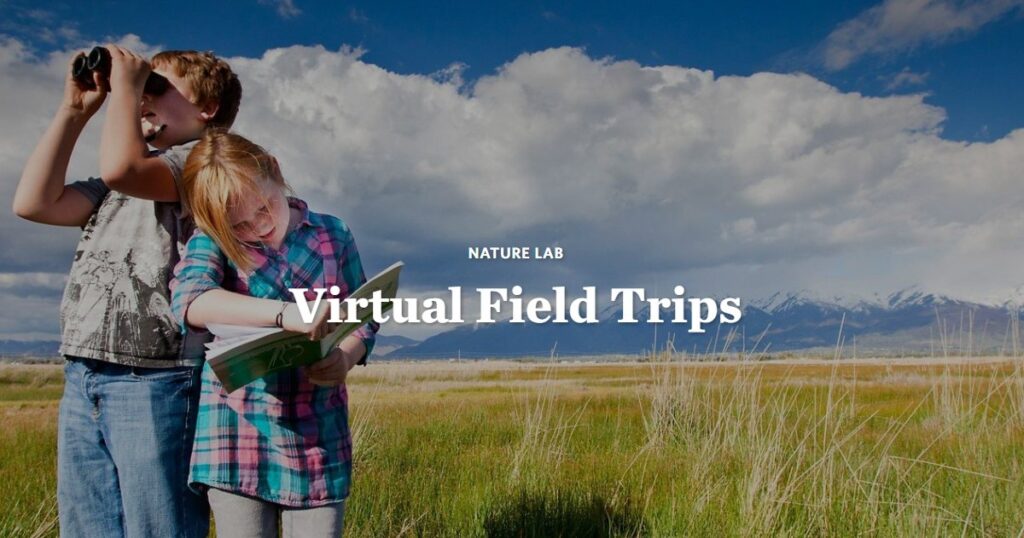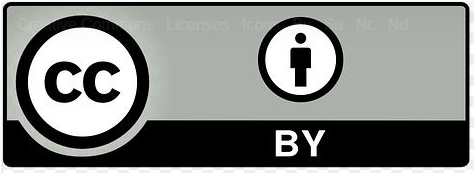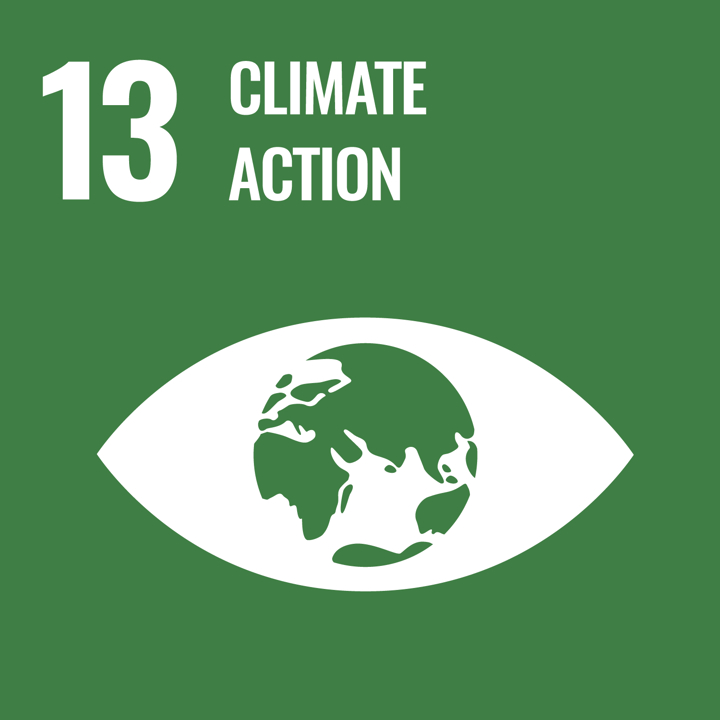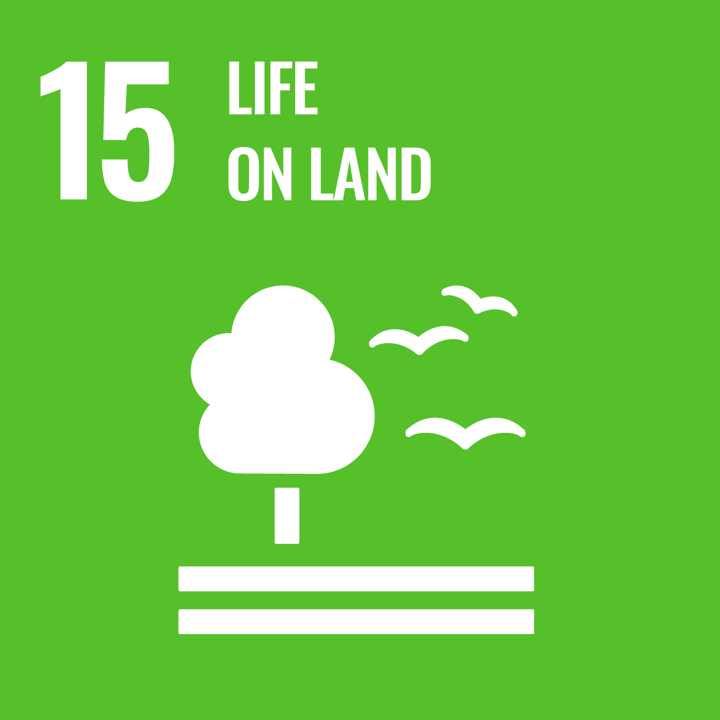
Beoogde eindgebruiker: Leraar, Schoolleider, Lerarenopleider
Leeftijdsgroep: Lager basisonderwijs; Hoger basisonderwijs; Lager secundair onderwijs; Hoger secundair onderwijs
Schoolcurriculum: Maths; Science; Social, Social & Environment Science; Applied Science
Thema's en onderwerpen: Energy Use and Production; Behaviour & Lifestyle; Environmental Change; Food and Agriculture; Information & Knowledge
Duur: 50 minutes classes x 5
Type bron: Case Study, Game, Guidelines & Notes, Audio/Video, Lesson Plans, Online Tool, App/Software
Trefwoorden: Biodiversity, Reforestation, Food Systems, Forest Habitats, Virtual Field Trip
Talen: Engels
Beschrijving
Through the material in this guide, students will explore responsible forest management while learning about key science concepts related to ecosystems and environmental sustainability. They will examine the factors that create and maintain a healthy forest, including biodiversity, nutrient cycling, and ecological interactions. Additionally, students will discuss the detrimental effects of deforestation and other human activities on forest ecosystems, gaining insights into conservation and environmental stewardship.
De bron bouwt op van een virtuele excursie over het belang van bosbeheer, via een reeks lessen en activiteiten naar een projectmatige leeraanpak waarbij leerlingen hun eigen bosdiorama's maken.
This Virtual Field Trip with supporting lesson plans and teaching resource are developed by Nature Conservancy’s Nature Lab. This resource is one in a range of virtual field trips and supporting resources developed by Nature Conservancy and available on the Nature Lab Virtual Field Trips website. Other virtual fields trip reources include ‘Ocean Justice and Youth Advocacy’, ‘Less Harm on the Farm: Regenerative Agriculture’ and ‘Changing Climate, Changing Cities’.
Hoe gebruik je deze bron
The resource builds on the knowledge of students with new perspectives on the importance of trees and forests. The virtual tour is accompanied with questions to promote groups discussions and a Kahoot game to assess for learning. This extends to the school campus and becoming more familiar with the trees around them.
For schools with limited resources and ability to travel for field trips, the virtual field trip offers teachers the ability to overcome barriers of time and distance to bring new learning opportunities to students. This virtual field trip, along with the range of others offered by Nature Lab, allow students to learn from experts in the field and view the challenges of forest management from a range of perspectives. The virtual field trip is supported with additional online resources, games, activities and lesson plans.
This virtual field trip resource pack for teachers must be synthesised by teachers to their own national curricula and local context to be most relevant and impactful for students. Teacher should be facilitated in building upon the resources provided with localised information and data on forest management and biodiversity. This process will then illuminate opportunities for interdisciplinary cooperation with other teachers and learning ecology.
This virtual field trip resource pack for teachers must be synthesised by teachers to their own national curricula and local context to be most relevant and impactful for students. Teacher should be facilitated in building upon the resources provided with localised information and data on forest management and biodiversity.
De middelen
TEACHER’S GUIDE PDF:
The Working with Trees Virtual Field Trip can be accessed here on the Nature Conservancy Nature Lab website:
The Teachers’ Guide to Responsible Forest Management: How can we keep our forests healthy? Is available here:
Leerresultaten
- Eliciteren van voorkennis en verder ontwikkelen van kennis en begrip van de belangrijkste concepten van Duurzaam Burgerschap, waarbij gevestigde wereldbeelden en waarden in twijfel worden getrokken.
- een reeks geschikte hulpmiddelen en kaders toepassen om duurzaam burgerschap bij studenten te bevorderen
- Reflecteren op de praktijk en nationale curricula onderzoeken om mogelijkheden te identificeren om Duurzaamheidsburgerschap op interdisciplinaire manieren te bevorderen en samen te werken met externe belanghebbenden.
- Samen de kennis, hulpmiddelen en kaders synthetiseren om onderwijsmateriaal en lesplannen te maken die zijn aangepast aan hun eigen lokale context.
Groene competenties
- Duurzame waarden belichamen: Duurzaamheid waarderen; Eerlijkheid ondersteunen; De natuur bevorderen
- Complexiteit omarmen in duurzaamheid: Systeemdenken; kritisch denken; probleemopstelling
- Duurzame toekomstvisies: Toekomstgeletterdheid; onderzoekend denken
- Handelen voor duurzaamheid: Collectieve actie
Creative Commons

Deze bron is ontwikkeld door Nature Lab, het jeugdleerplanplatform van The Nature Conservancy. Het wordt gedeeld op de Synapses Teacher Academy Portal met vriendelijke toestemming van Nature Conservancy.
SDG's





